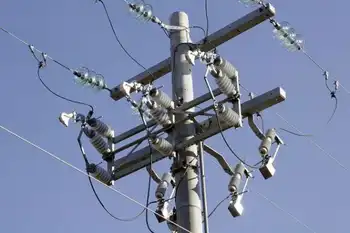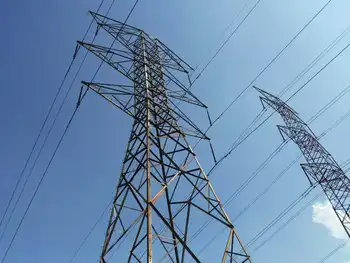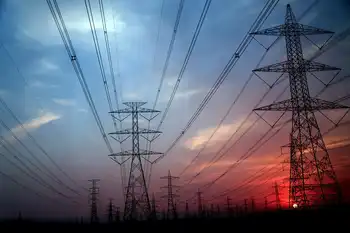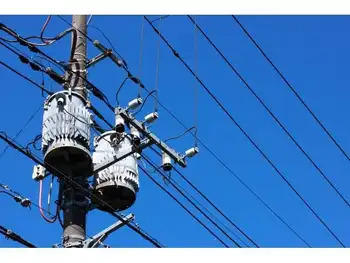Bureaucrats against electric cars, and progress
MONTREAL, QUEBEC - In these times of high petrol prices and worries about climate change, you might think that any country would be proud to enjoy a lead in manufacturing electric cars. Not Canada, it seems.
Two Canadian companies, ZENN Motor Company and Dynasty Electric Car, make small electric cars designed for city use; a third, which will use new battery technology developed by Exxon Mobil, plans to launch a model later this year.
But almost all these “low-speed vehicles” (or LSVs) are exported to the United States because Canada refuses to allow their use on public roads. Transport Canada, the regulatory agency, questions their safety. It doubts they would stand up in a collision with a delivery truck or a sport utility vehicle. Officials say they crash-tested one which didn't fare well, though they refuse to release the data. The agency wants LSVs confined to “controlled areas”, such as university campuses, military bases, parks and Canada's few gated communities. Its advice has carried weight with the provinces, which make the rules of the road.
It is true that the cars are made from lightweight metals and plastics. But the manufacturers allege political bias: Stephen Harper's conservative government has much support in oil-rich Alberta. Backed by thousands of would-be buyers, they are campaigning to reverse the agency's decision. “It's a ludicrous regulatory situation. All you can point to is oil and the big guys and think there's a conspiracy somewhere,” says Danny Epp of Dynasty.
Mr. Epp reckons that his car should be allowed on urban streets with speed limits of around 50kph (30mph) or less. But Dynasty recently gave up the battle. In March it announced that it is being bought by a Pakistani firm, which will move production to Karachi and export to the United States from there.
ZENN — that stands for zero emission, no noise — promises to fight on. Ian Clifford, its boss, points out that there has not been a single death related to LSVs in the United States, where 44 states allow them and some 45,000 such cars are in use. And gas-guzzlers imperil public safety by polluting the air, he notes. But Mr Clifford is not expecting change soon. He claims that his campaign against Transport Canada has made him enemies. “Two senior, entrenched bureaucrats have told me personally that if it is the last thing they do, they'll keep LSVs off the road in Canada,” he says.
Related News

Hot Houston summer and cold winter set new electricity records
HOUSTON - Last year's Houston cold winter and hot summer drove power use to record levels, especially among households that rely on electricity for air conditioning.
Electricity generation increased 4 per cent nationwide in 2018 and produced 4,178 million megawatt hours, surpassing the previous peak of 4,157 megawatt hours set in 2007, the Energy Department reported.
U.S. households bought 6 percent more electricity in 2018 than they did the previous year, reflecting the fact 87 percent of households cool their homes with air conditioning and 35 percent use electricity for heating.
Electricity sales to the commercial sector increased 2 percent in 2018 compared…




